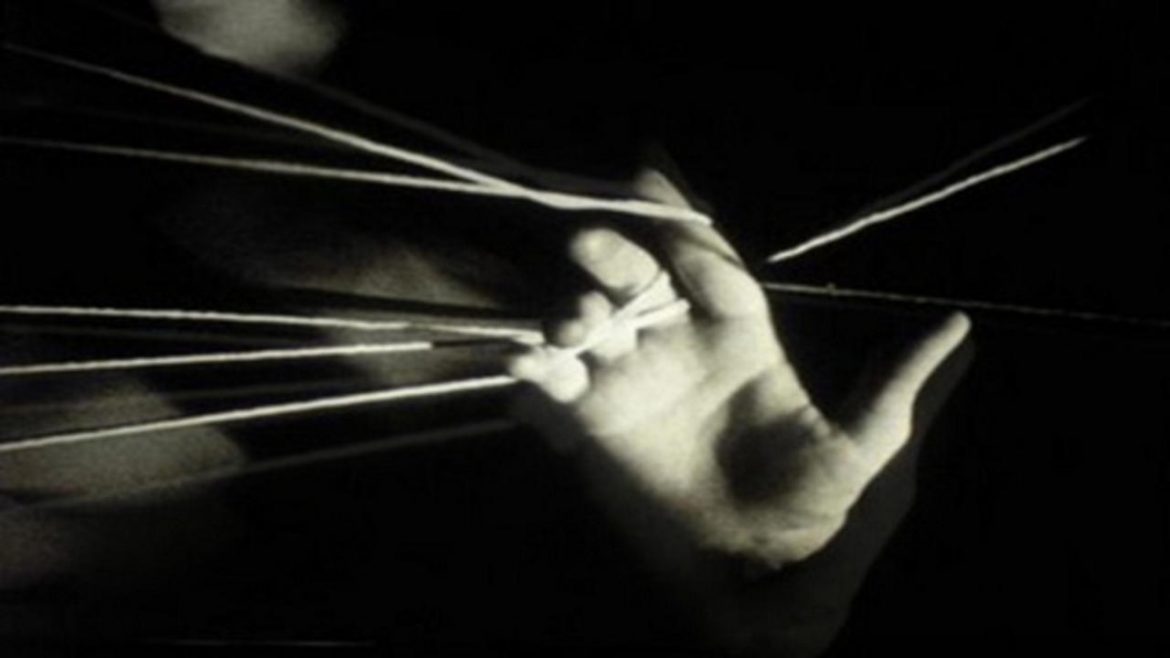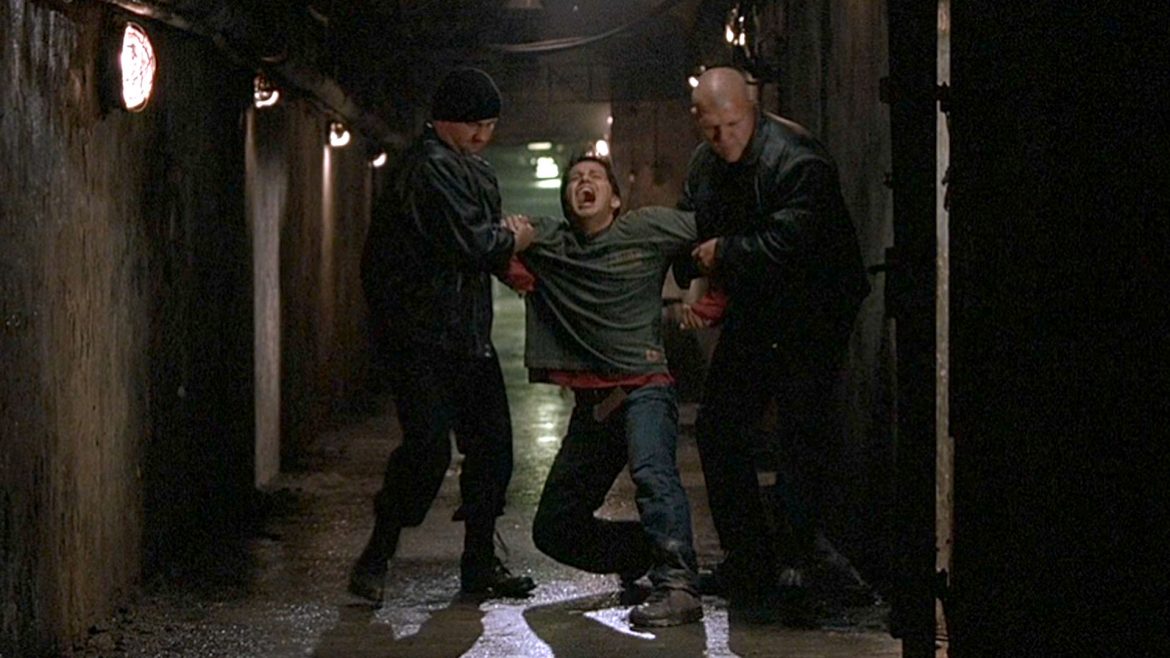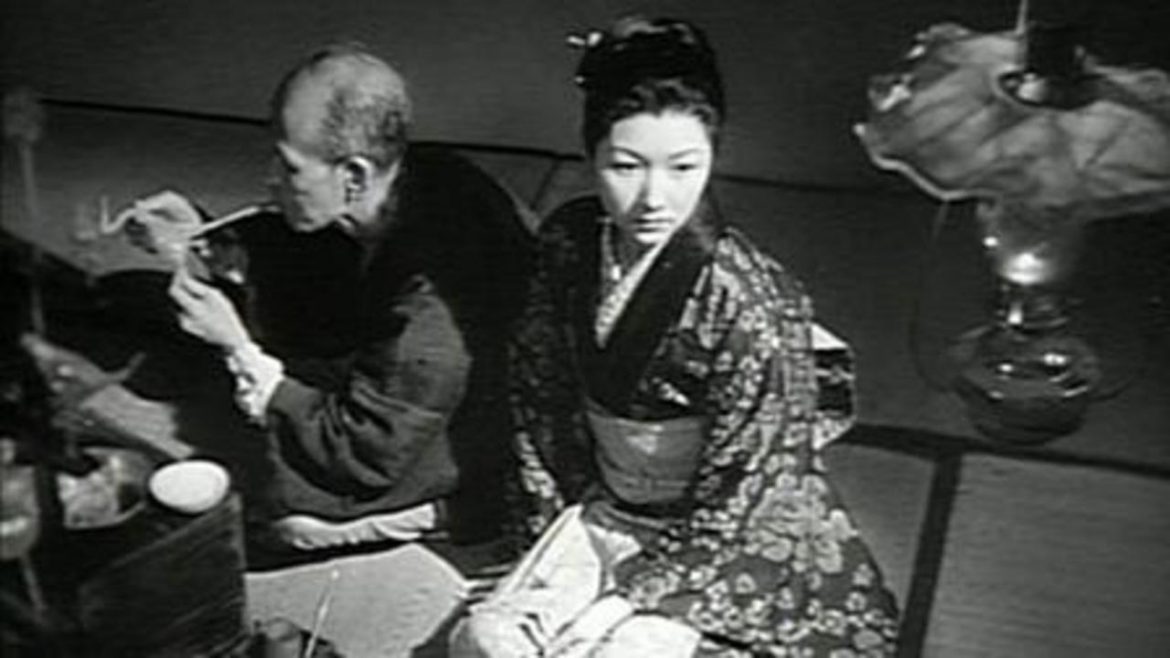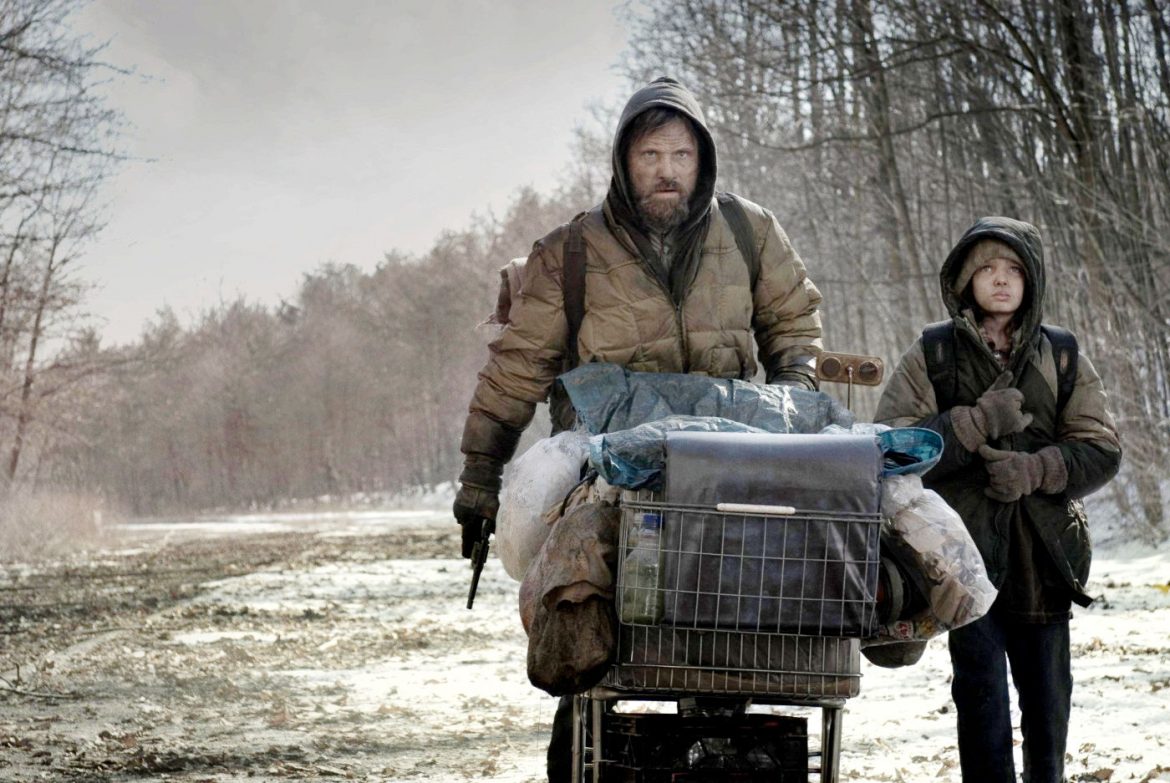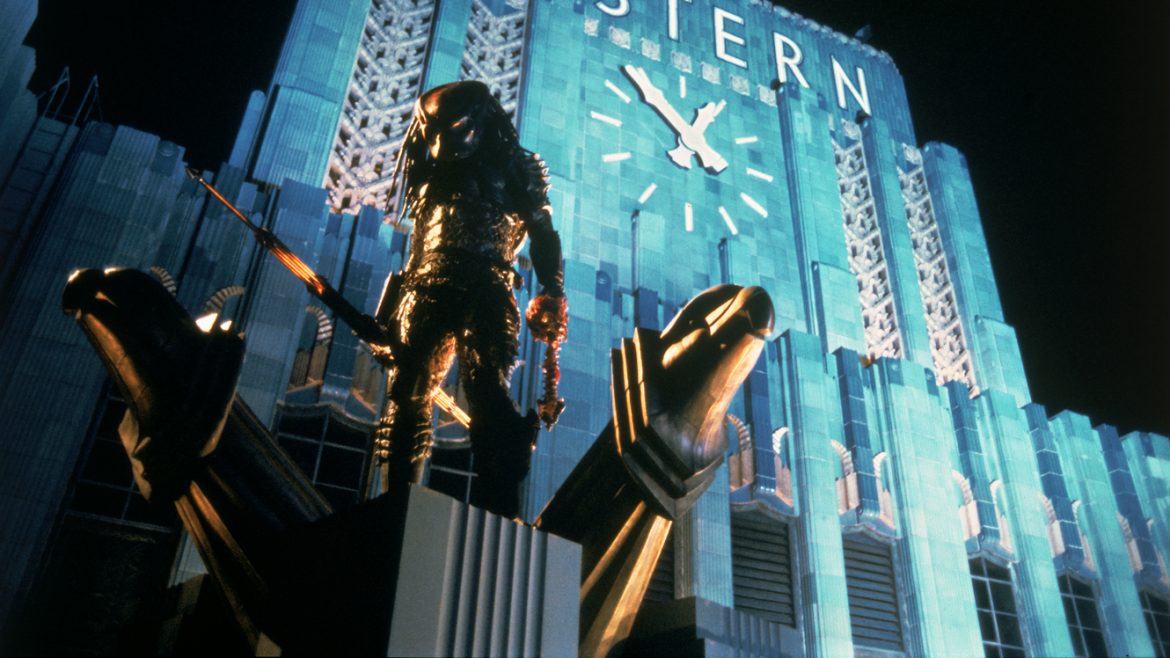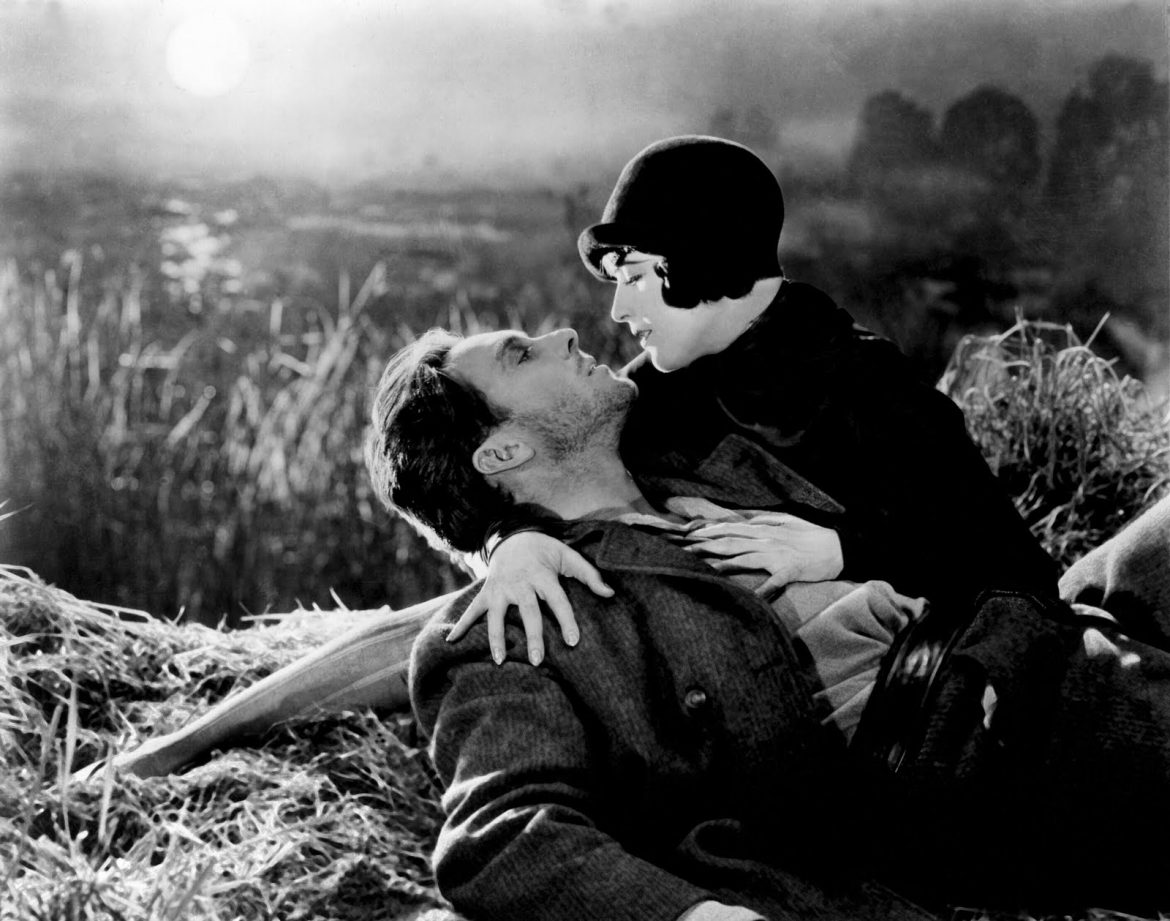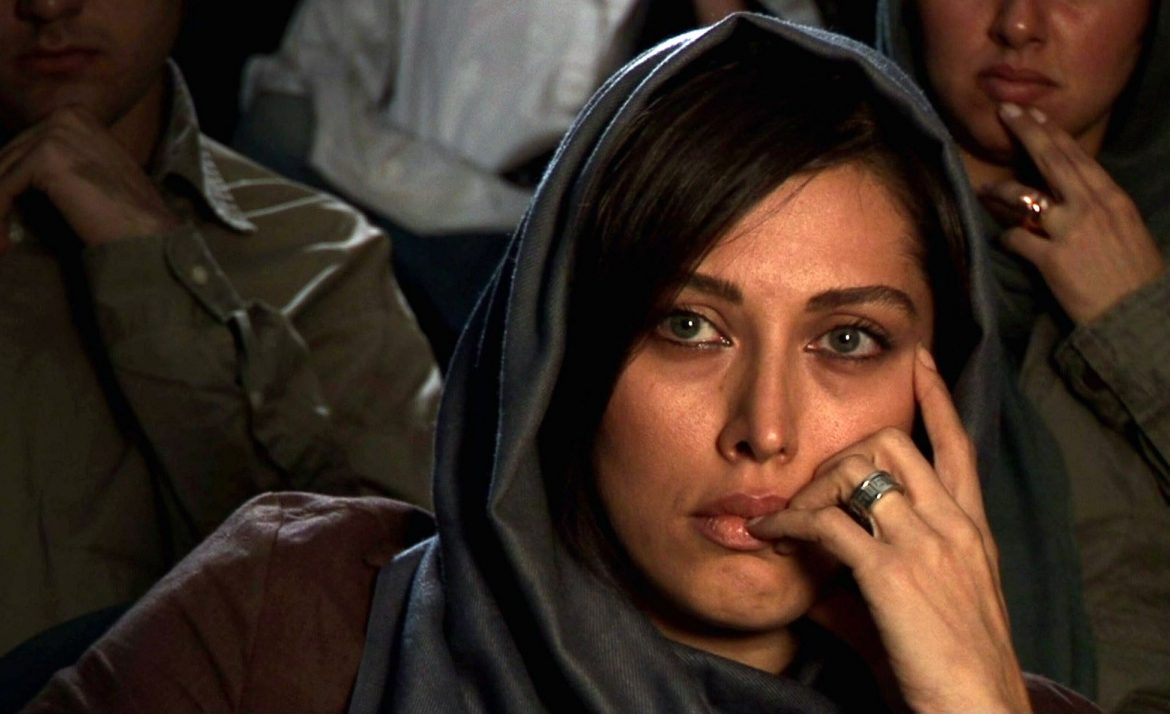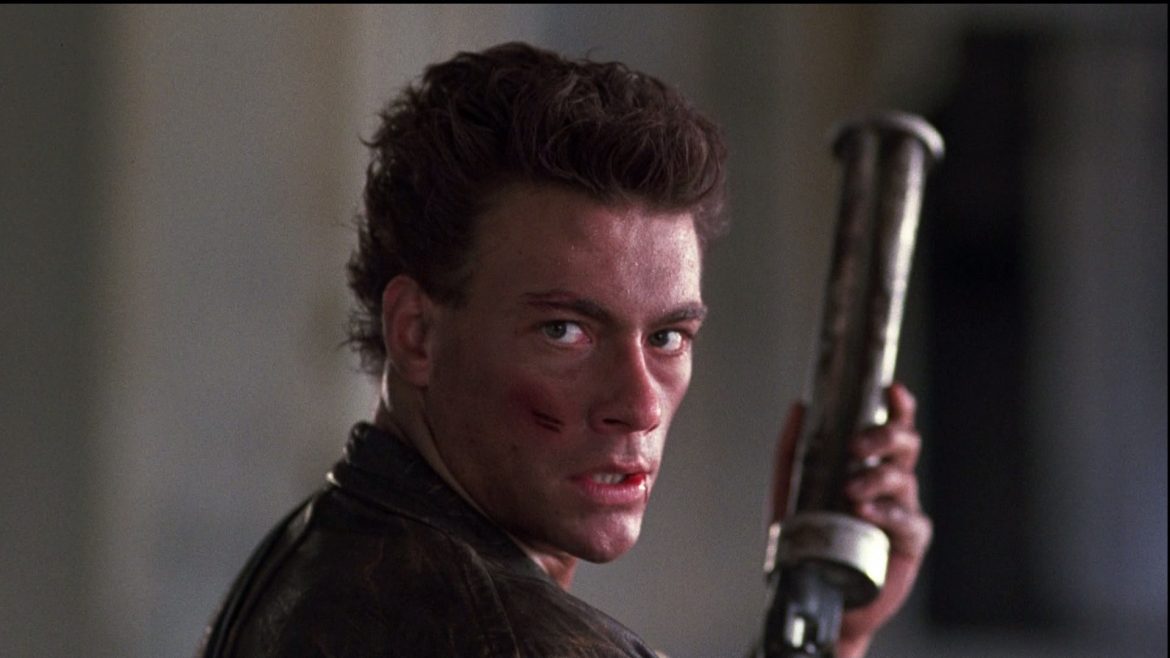The works of Maya Deren are hugely influential touchstones for experimental cinema, frequently cited and studied. Her luminous debut Meshes of the Afternoon, covered here as part of the Counter-Programming The Great Movies series, is a widely recognized classic of the form, a dreamlike visual interrogation that, in Deren’s words, “externalizes an inner world to the point where it is confounded with the external world.”
August 2016
Eli Roth is a man out to generate strong emotions. Whether through his gleeful repurposing of ’70s cannibal exploitation schlock, or his recent, unfortunate foray into trolling what the internet has dubbed Social Justice Warriors (that is, generally speaking, people who care about things at all), Roth’s not the easiest guy to champion.
Shirō Toyoda’s The Mistress is based on Mori Ogai’s Romantic novel Wild Geese (and sometimes referred to by the title of the original, as Criterion does). The film is in some ways a familiar melodramatic narrative about the crushing of a woman’s desire under patriarchy — a treatment dismissively summarized in 1959 by Bosley Crowther of The New York Times as “a morally mawkish situation upon a tear-misted screen.”
Resolutely dour and shot in various shades of washed-out grey, John Hillcoat’s adaptation of Cormac McCarthy isn’t a very cheerful affair. But the atmosphere Hillcoat and DP Javier Aguirresarobe create in The Road, shooting on location and intercut with flashbacks to a brighter world, is entirely appropriate to the post-apocalyptic narrative.
I’m pleased to announce the first entry in an ongoing column about the beautiful, challenging films of Abbas Kiarostami is live on CutPrintFilm.
Kiarostami has become a favorite director of mine, and I’m grateful to the CutPrintFilm folks for giving me the opportunity to explore his body of work in more detail.
When I stopped by to chat with the good folks at We Love To Watch about the madness and overstuffed spectacle that is Predator 2, I briefly alluded to its animal rights themes, but assured the gracious hosts I wouldn’t burden them with that analysis on the show.
Sunrise is an undisputed masterpiece of the silent era’s final days, a staggering set of technical achievements in service to melodramatic fairy-tale pathos. It’s also the story of how sometimes the only thing needed to put the spark back in an empty marriage is a little bit of attempted murder.
Netflix released nothing this week. Nothing. Garbage. Sorry.
Well, ok. Apart from No Country For Old Men, which I already informed you about, there is something called The Curse of Sleeping Beauty, The Last Heist (starring Henry Rollins, of State of Alert), and God’s Club, a movie about how public schools won’t allow clubs about God because they are Godless institutions, starring everyone’s least favorite Baldwin, Stephen.
Earlier this week, The Washington Post’s Alyssa Rosenberg, one of the more nuanced pop culture writers around, published a piece titled “Art is about surrender. Stop asking for it to be custom-tailored.”
Framed as a rejection of the worrying, internet-age tendency to demand narratives that suit audience expectations — not to mention the even more worrying impulse to attack and threaten artists personally for failing to deliver the pre-fab stories some audience members crave to a frightening and pathetic degree — Rosenberg’s piece is reasonable enough.
Cyborg is Cannon Films at its Cannon Filmsiest. The Jean-Claude Van Damme vehicle debuted in theaters on April 7, 1989, arriving at the tail end of Menachem Golan and Yorum Globus’ wild ride through the world of cinema, sandwiched between Bloodsport and Kickboxer (along with roughly 25 other films).

